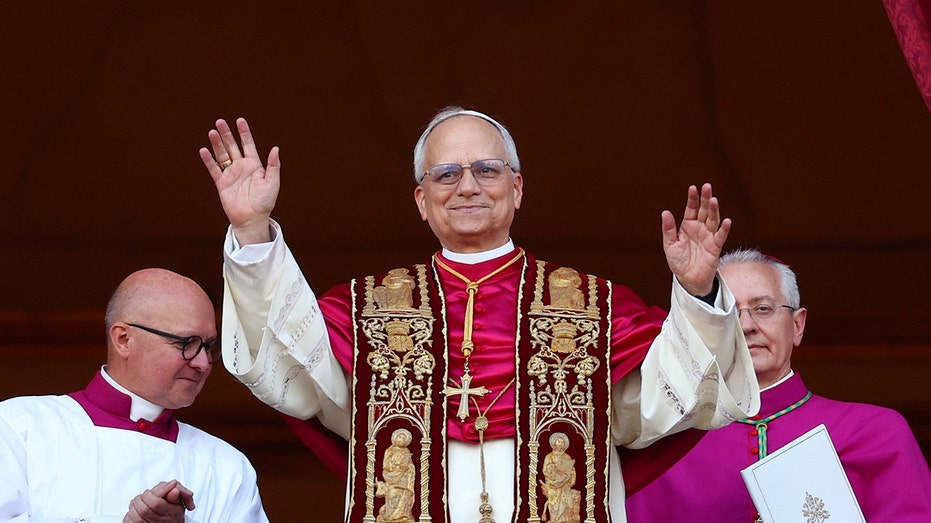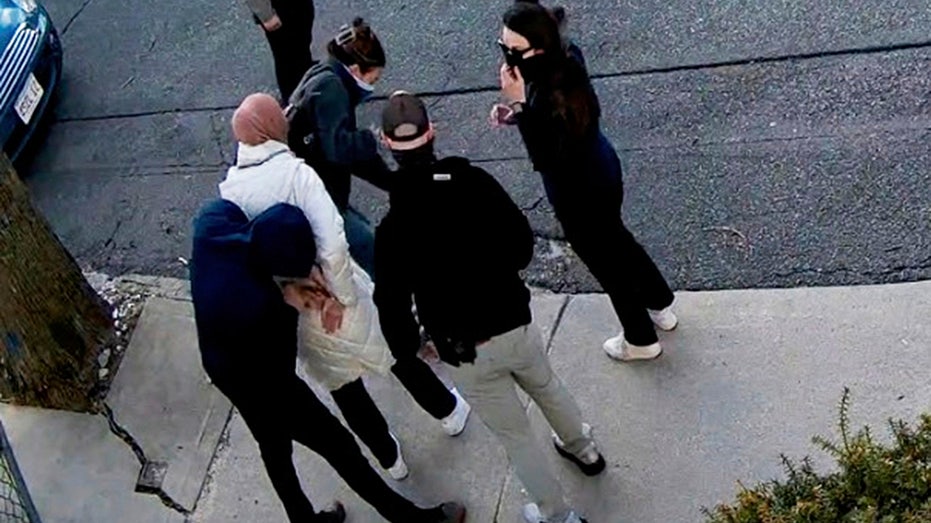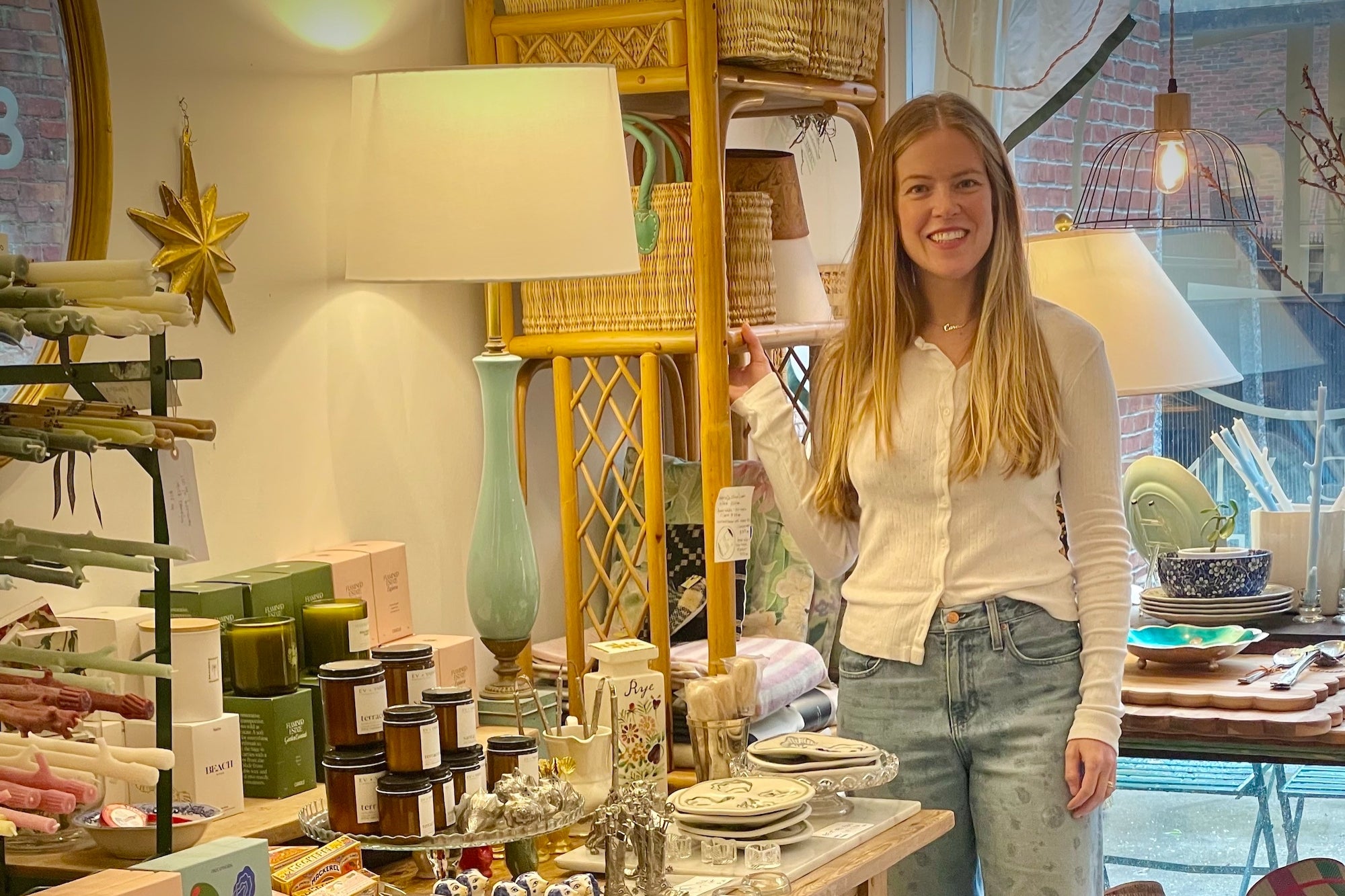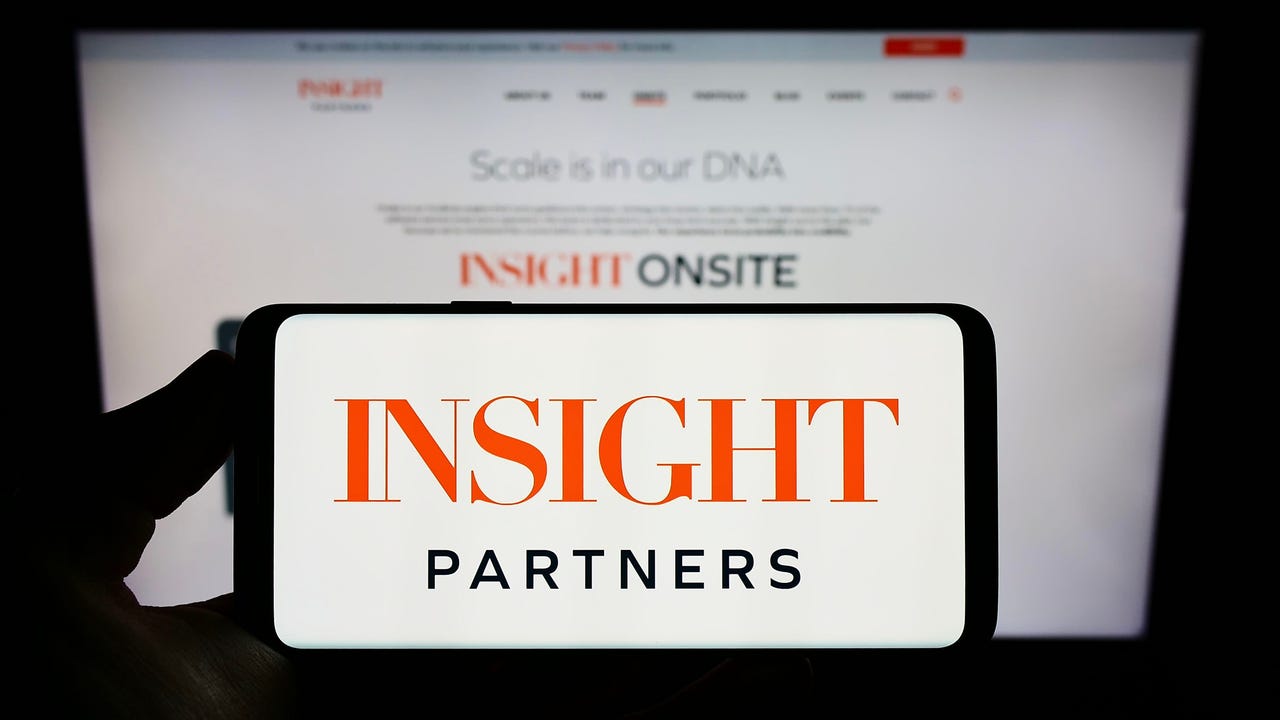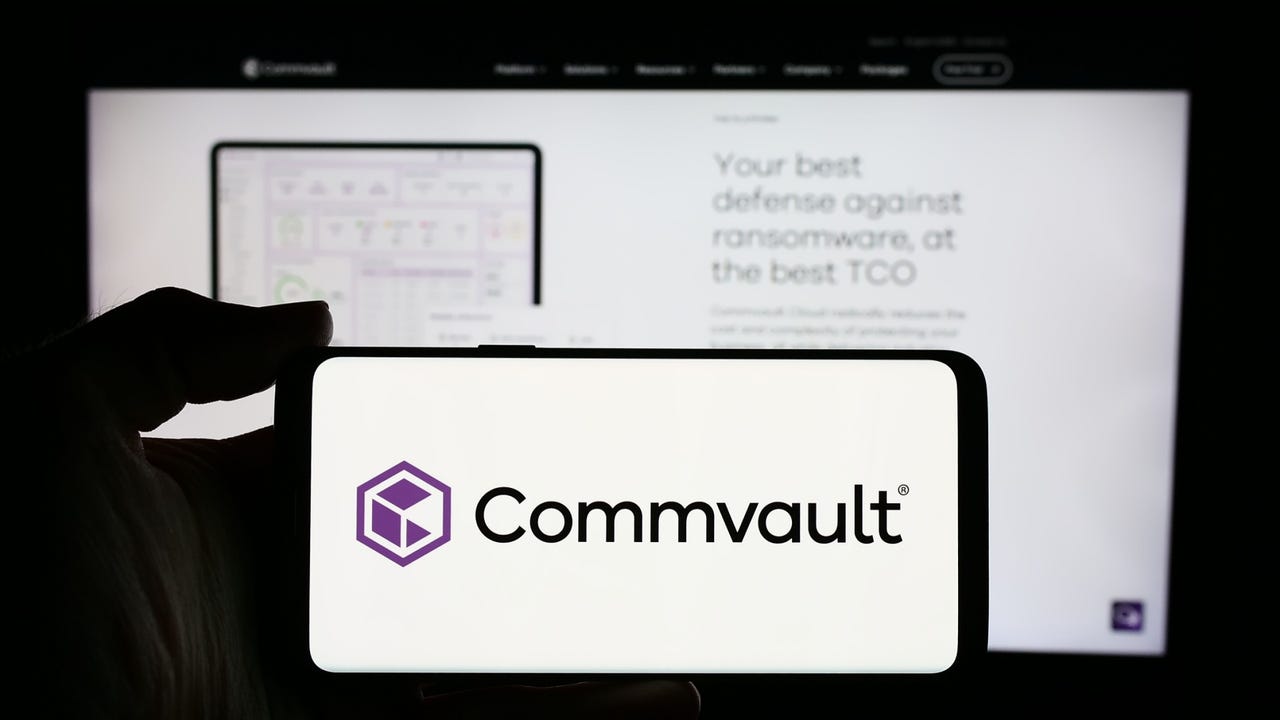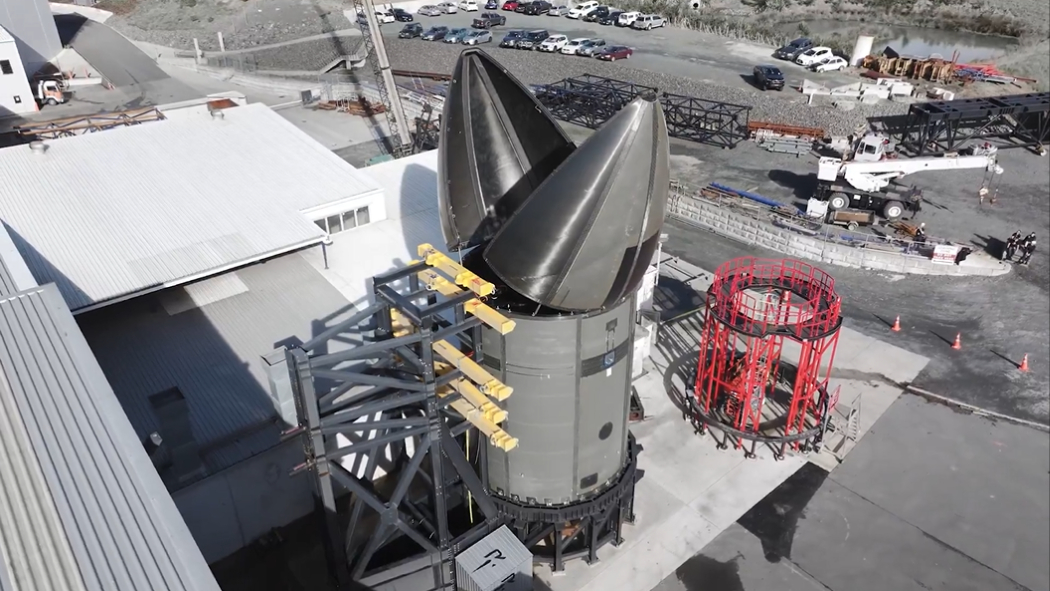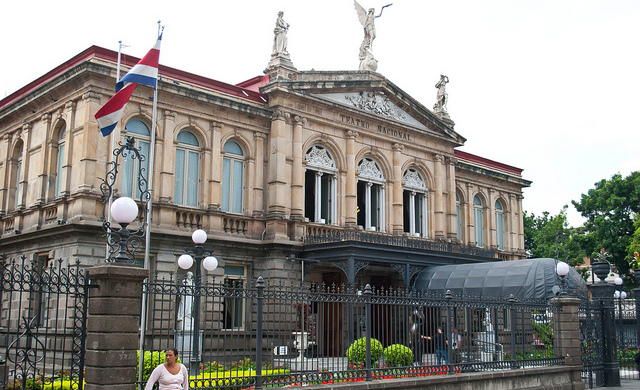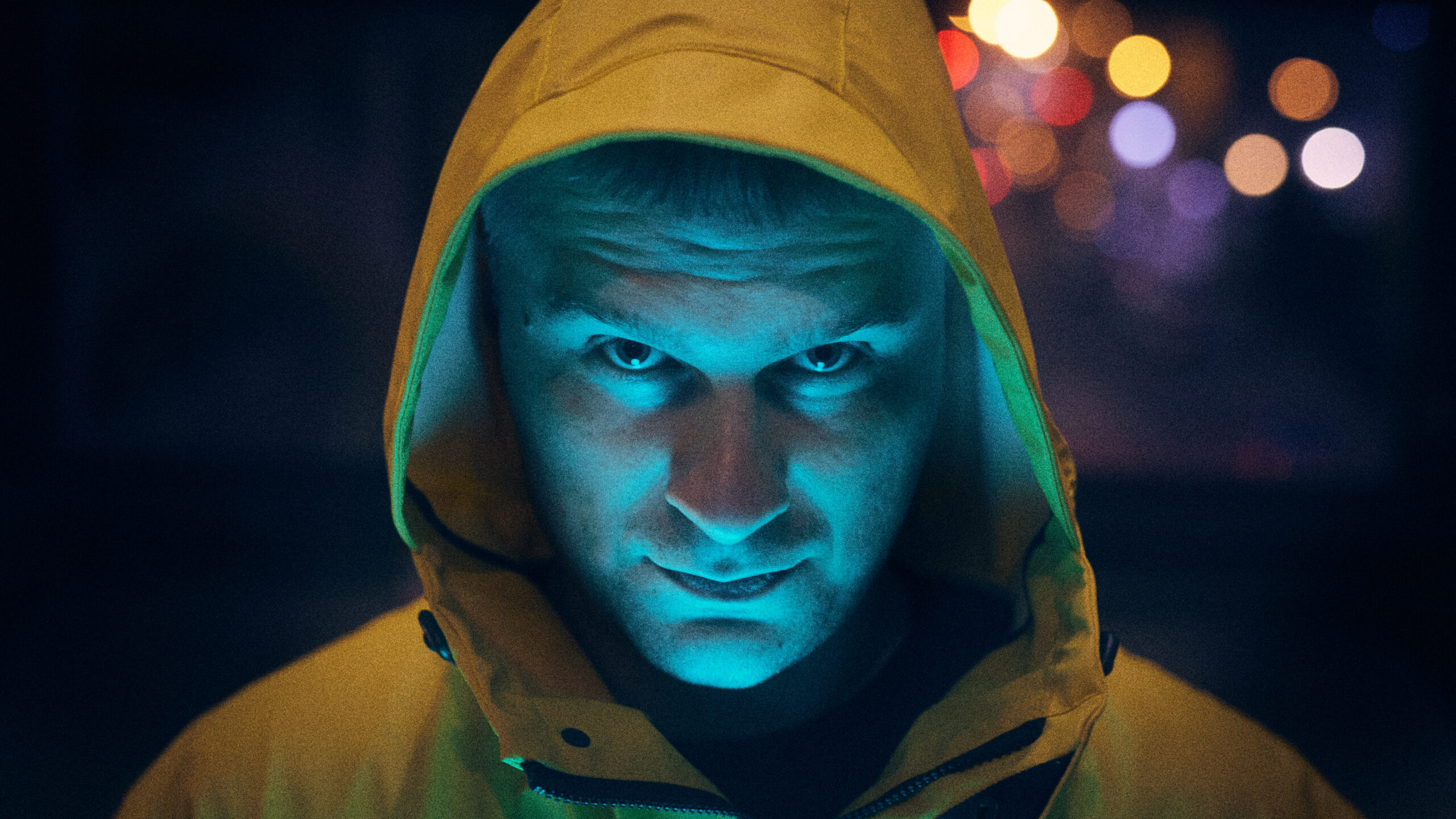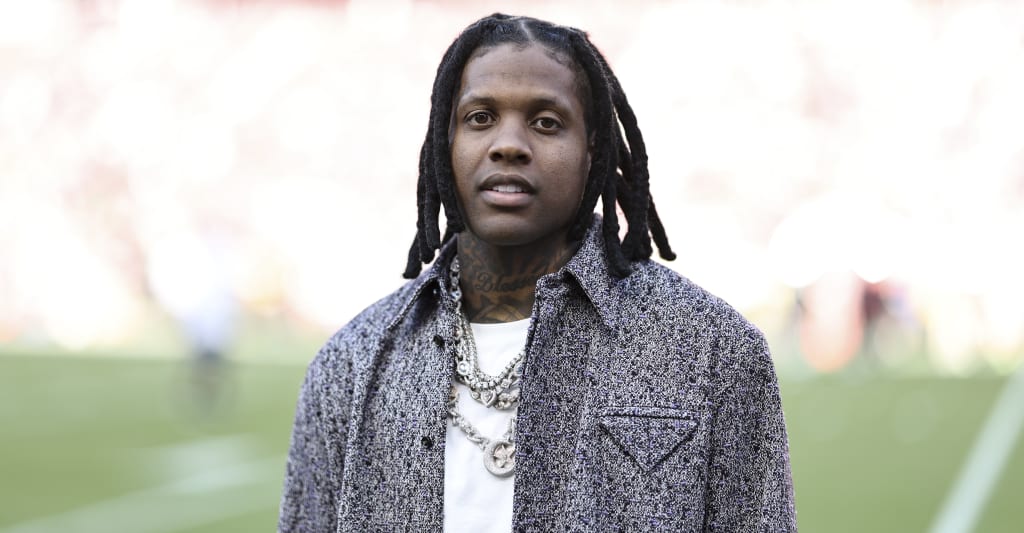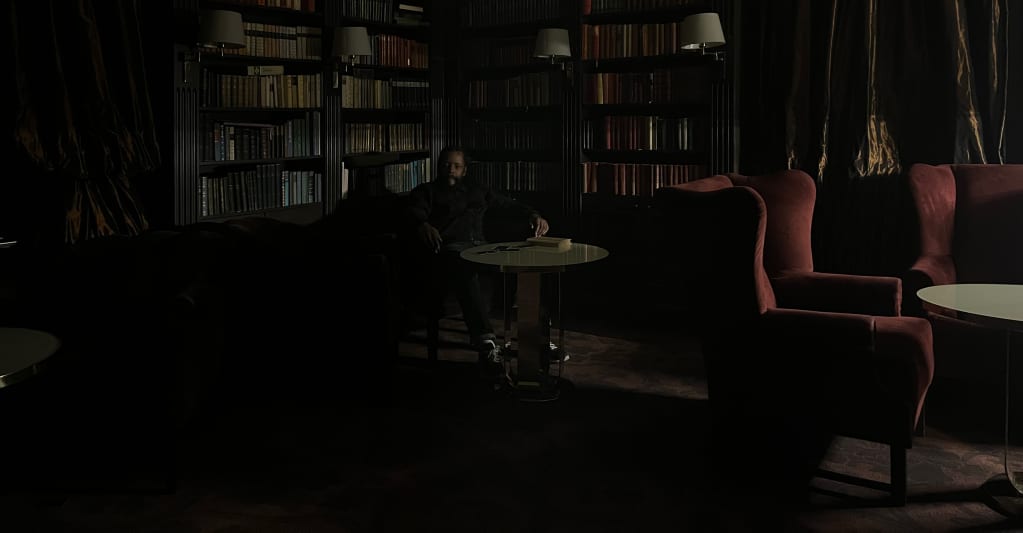Sam Altman urges lawmakers against regulations that could ‘slow down’ U.S. in AI race against China
In the OpenAI CEO's first congressional hearing in two years, Altman faced few hostile questions or pushback, as lawmakers' attention focuses on competition with China rather than safety and regulation that was at the center of the previous hearing.

Sam Altman stressed the importance of America's AI efforts not being "slowed down" by ill-considered regulations, as the OpenAI CEO testified on Capitol Hill Thursday for the first time in two years and faced an audience of largely friendly and deferential lawmakers.
The hearing, focused on winning the race against China to dominate AI globally, marked Altman’s first congressional appearance since his high-profile testimony in May 2023, which propelled him onto the global stage and sparked widespread media coverage just six months after the launch of ChatGPT.
Dressed conservatively on in a dark grey suit, blue tie, and white shirt on Thursday, Altman faced little in the way of hostile questions or pushback from U.S. senators.
In response to Senator Ted Cruz, who asked how close China is to U.S. capabilities in AI, Altman replied, “It’s hard to say how far ahead we are, but I would say not a huge amount of time.” He said he believed that models from OpenAI, Google and others are the “best models in the world,” but added that to continue winning will require “sensible regulation” that “does not slow us down.”
That spirit of innovation and entrepreneurship is uniquely American, Altman continued, emphasizing that “none of this is rocket science. We just need to keep doing the things that have worked for so long and not make a silly mistake.”
Oh, what a difference two years make. Altman’s testimony was worlds away from his 2023 appearance, when the primary focus of lawmakers was AI safety and regulation. Altman himself urged Congress at the time to implement regulations for AI technologies, emphasizing the potential risks if left unchecked. He proposed the creation of a new federal agency responsible for licensing and auditing AI models, particularly those with capabilities that could pose significant risks.
To be fair, Thursday’s hearing, in which Altman was joined by AMD CEO Lisa Su, CoreWeave CEO Michael Intrator, and Microsoft President Brad Smith, was all about the geopolitical stakes at play in today’s AI era—that is, winning the race to dominate AI globally by strengthening U.S. capabilities and boosting innovation.
It offered the perfect opportunity for Altman to expand on OpenAI for Countries, the global expansion of its $500 million Stargate mega data center project the company announced yesterday. The future of artificial general intelligence (AGI), said Altman in his pre-written testimony, “can be almost unimaginably bright, but only if we take concrete steps to ensure that an American-led version of AI, built on democratic values like freedom and transparency, prevails over an authoritarian one.” That is particularly important, he emphasized, as AI systems become more capable and people want to use them even more.
Meeting that demand “requires more chips, training data, energy, and supercomputers,” he said.
“Infrastructure is destiny, and we need a lot more of it.”
Several of the questions lobbed at Altman veered to OpenAI policies and business practices, but lawmakers treated Altman deferentially in contrast to the grilling that other Big Tech CEOs have received on Capitol Hill. For example, Senator Amy Klobuchar, who said she had never heard of AI “hallucinations” (though they have been widely reported since ChatGPT was launched), seemed satisfied when Altman said that while OpenAI’s models are not 100% accurate, “users are smart” – that is, people understand what they can do and what they can’t.”
And when Senator Lisa Rochester (D-Del) lightly questioned Altman about the timing of OpenAI’s efforts to restructure its for-profit business, Altman said he was grateful for the chance to explain a “complicated thing that I think it's gotten misrepresented.” The company’s plan has always been to have a robust nonprofit, he explained: “We hope a nonprofit will be one of the best, maybe someday, the best resource nonprofit in the world.” Restructuring the for-profit arm as a public benefit corporation with the same mission, he added, “would make it possible for us to raise the capital needed to deliver these tools and services at the quality level and availability level that people want to use them at, but still stick to our mission.”
There was a notable absence, however, of references to AI safety in Altman’s testimony, which was in stark contrast to his 2023 comments, which mentioned AI safety dozens of times.
But OpenAI has transformed beyond recognition from the AI research lab that burst into the public consciousness when ChatGPT debuted. As of last summer, half of the OpenAI staff that once focused on the long-term risks of superpowerful AI had left the company, including cofounder and chief scientist Ilya Sutskever. Nearly 20% of the company now works in sales. And just yesterday, Instacart CEO Fidji Simo joined OpenAI as CEO of applications, overseeing the company’s product offerings and business operations.
“OpenAI is not a normal company and never will be,” Altman said in his pre-written testimony. But he sounded perfectly relatable by closing with an optimistic personal anecdote about growing up in St. Louis and getting his first Mac computer when he was eight years old, which he called a “dividing line” in his life.
“I can draw a straight line from that to founding OpenAI,” he said to the group of senators. “I am a child of the Internet revolution and I am proud to be one of the many parents of the AI revolution.” In a recent visit to St. Louis, he recalled passing by his old house and looking up at the top floor window.
“The light was on, and I thought,hopefully there's some kid in there staying up late at night, playing with ChatGPT, figuring out how he or she is going to start whatever company comes next and whatever the next thing is after AI will happen here too. That is, to me, the magic of this country.”
This story was originally featured on Fortune.com
